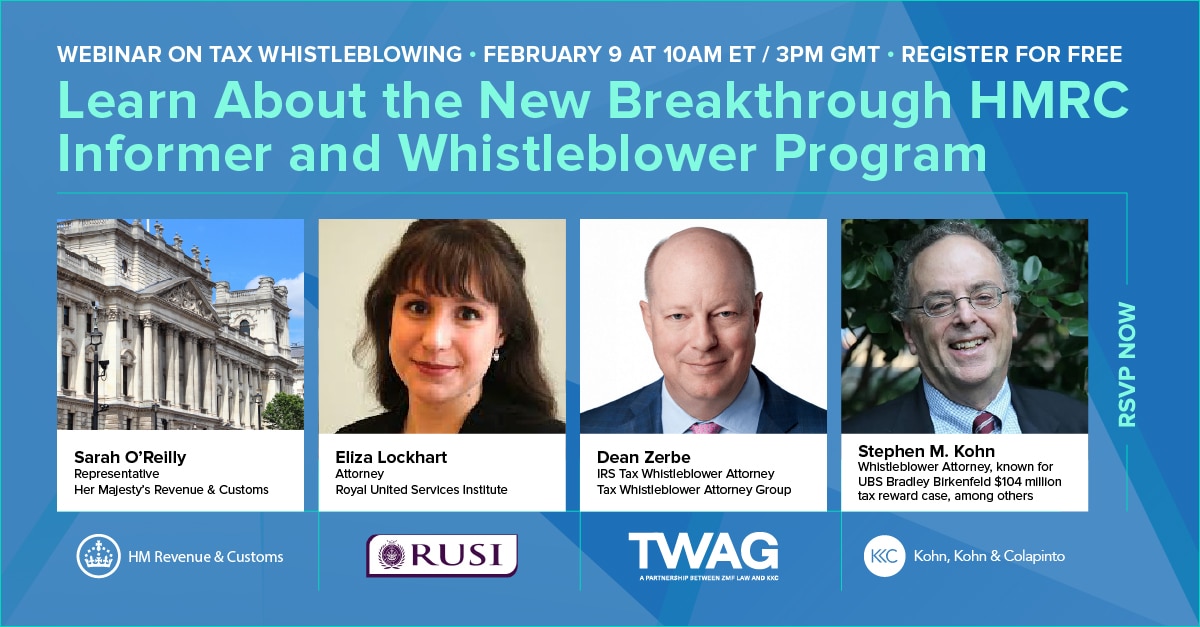Credit Suisse Group to Pay $77 Million for Foreign Corrupt Practices Act Violations

On July 5, 2018, the Department of Justice (DOJ) announced that a Hong Kong-based division of Credit Suisse Group AG (CSGAG) will pay a $46 million criminal penalty for conducting corrupt banking practices. The DOJ stated that Credit Suisse (Hong Kong) Limited (CSHK) had engaged in corrupt schemes between the years of 2007 and 2013, which involved employing friends and family members of Chinese officials to bring in more business.
These “relationship hires” generated “at least $46 million in profits,” according to Acting Assistant Attorney General John P. Cronan. Often, “relationship” or “referral” hires were less skilled than other job candidates and were subject to lenient hiring. CSHK would then conduct business with the referral sources, leading to large financial gains as shown by the DOJ’s report. The report also states that other CSAG subsidiary employees were aware of and facilitated these practices.
In addition, the criminal penalty, Credit Suisse Group AG will also pay a fine of $30 million to the U.S. Securities and Exchange Commission (SEC) to >resolve allegations that it obtained investment banking business in the Asia-Pacific region by corruptly influencing foreign officials in violation of the Foreign Corrupt Practices Act. “Bribery can take many forms, including granting employment to friends and relatives of government officials. Credit Suisse’s practice of engaging in these hiring practices violated the law, and it is now being held to account for having done so,” said Chief of the SEC Enforcement Division’s FCPA Unit Charles Cain in a statement released by the SEC.
The Dodd-Frank Wall Street Reform and Consumer Protection Act mandates whistleblowers to receive an award between ten and thirty percent of the total amount recovered by the government if a successful enforcement action follows their disclosures. The Foreign Corrupt Practices Act also allows whistleblowers to file their claims anonymously in the U.S., thereby evading the threat of retaliation. Furthermore, the Dodd-Frank Act’s anti-retaliation provisions also provide protection for employees who work in the United States and blow the whistle on Foreign Corrupt Practices Act violations.
According to whistleblower attorney Michael D. Kohn, “The amount of whistleblower reward is determined by the significance of the information provided by the whistleblower, the degree of assistance provided by the whistleblower, and the interest of the SEC in deterring future violations of securities laws.”
Latest News & Insights
February 16, 2026
January 27, 2026




